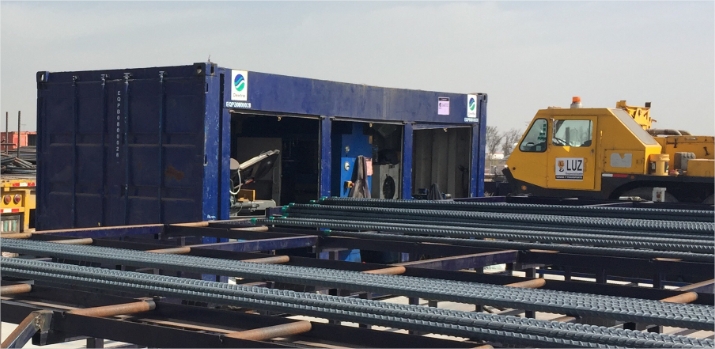Bakheng Water Treatment Plant
The Bakheng Water Treatment Plant is located in the Bakheng district of Phnom Penh, Cambodia. It is being constructed to improve the area’s water supply and is expected to increase drinking water delivery capacity by 60% to accommodate substantial urban expansion.
The project includes a drinking water treatment plant and transfer pipelines, which will eventually provide clean water to over 1.5 million residents in northeastern Phnom Penh.
By the end of Phase 1, the plant is expected to be operational, supplying drinking water to more than 750,000 inhabitants. Upon completion of Phase 2, its capacity will be doubled.
The project scope includes earthworks and soil treatment, civil engineering design, equipment installation, power supply, and system automation.
Dextra supplied Glass Fiber Reinforced Polymer (GFRP) rebars, which were installed in bored piles instead of traditional steel rebars. This facilitated the TBM (Tunnel Boring Machine) breakthrough in the underground waterway tunnel.















